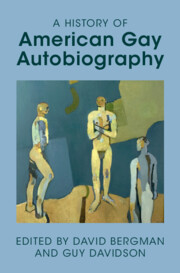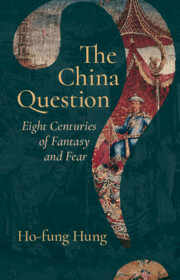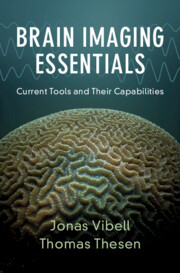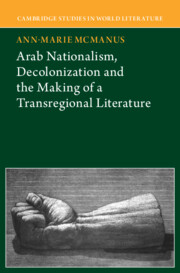Refine search
Actions for selected content:
3411645 results
Mental Illness Stigma and the Moral and Social Community
- Coming soon
-
- Expected online publication date:
- February 2026
- Print publication:
- 28 February 2026
-
- Book
- Export citation

Terror on Trial
- An Ethnography of French Courts
- Coming soon
-
- Expected online publication date:
- February 2026
- Print publication:
- 28 February 2026
-
- Book
- Export citation

Art, Nature, and the Body in Early Medieval Britain and Ireland
- Coming soon
-
- Expected online publication date:
- February 2026
- Print publication:
- 31 March 2026
-
- Book
- Export citation
Byzantine Law
- The Law of the Eastern Roman Empire
- Coming soon
-
- Expected online publication date:
- February 2026
- Print publication:
- 28 February 2026
-
- Element
- Export citation

Strategic Compensation and Talent Management
- Lessons for Managers
- Coming soon
-
- Expected online publication date:
- February 2026
- Print publication:
- 28 February 2026
-
- Textbook
- Export citation

German as a Heritage Language
- Contact, Variation and Maintenance
- Coming soon
-
- Expected online publication date:
- February 2026
- Print publication:
- 31 January 2026
-
- Book
- Export citation

Making Sense of Mass Education
- Coming soon
-
- Expected online publication date:
- February 2026
- Print publication:
- 28 February 2026
-
- Textbook
- Export citation

A History of American Gay Autobiography
- Coming soon
-
- Expected online publication date:
- February 2026
- Print publication:
- 28 February 2026
-
- Book
- Export citation

A Philosopher Looks at the Weather
- Coming soon
-
- Expected online publication date:
- February 2026
- Print publication:
- 30 April 2026
-
- Book
- Export citation

An Introduction to Public International Law
- Coming soon
-
- Expected online publication date:
- February 2026
- Print publication:
- 28 February 2026
-
- Textbook
- Export citation
Democratic Drain
- Global Migration and the Struggle for Democracy
- Coming soon
-
- Expected online publication date:
- February 2026
- Print publication:
- 31 March 2026
-
- Book
- Export citation

The China Question
- Eight Centuries of Fantasy and Fear
- Coming soon
-
- Expected online publication date:
- February 2026
- Print publication:
- 12 February 2026
-
- Book
- Export citation

Brain Imaging Essentials
- Current Tools and Their Capabilities
- Coming soon
-
- Expected online publication date:
- February 2026
- Print publication:
- 28 February 2026
-
- Textbook
- Export citation

Arab Nationalism, Decolonization and the Making of a Transregional Literature
- Coming soon
-
- Expected online publication date:
- February 2026
- Print publication:
- 31 January 2026
-
- Book
- Export citation

High Rates and Low Taxes
- Tax Dodging in Mid-Century America
- Coming soon
-
- Expected online publication date:
- February 2026
- Print publication:
- 28 February 2026
-
- Book
- Export citation

Responding to Authoritarian Populism at the European Court of Human Rights
- A Calibrated Framework
- Coming soon
-
- Expected online publication date:
- February 2026
- Print publication:
- 28 February 2026
-
- Book
- Export citation

Sylvia Plath and the Supernatural
- Coming soon
-
- Expected online publication date:
- February 2026
- Print publication:
- 31 January 2026
-
- Book
- Export citation

Life, Death, and Migration in the Early Modern City
- The Urban Historical Demography of Würzburg
- Coming soon
-
- Expected online publication date:
- February 2026
- Print publication:
- 28 February 2026
-
- Book
- Export citation

God and Truth
- An Essay on Reason and Religious Ideas
- Coming soon
-
- Expected online publication date:
- February 2026
- Print publication:
- 31 January 2026
-
- Book
- Export citation

The Net-Zero Transitions in Energy and Finance
- Southeast Asia and Beyond
- Coming soon
-
- Expected online publication date:
- February 2026
- Print publication:
- 31 January 2026
-
- Book
- Export citation
